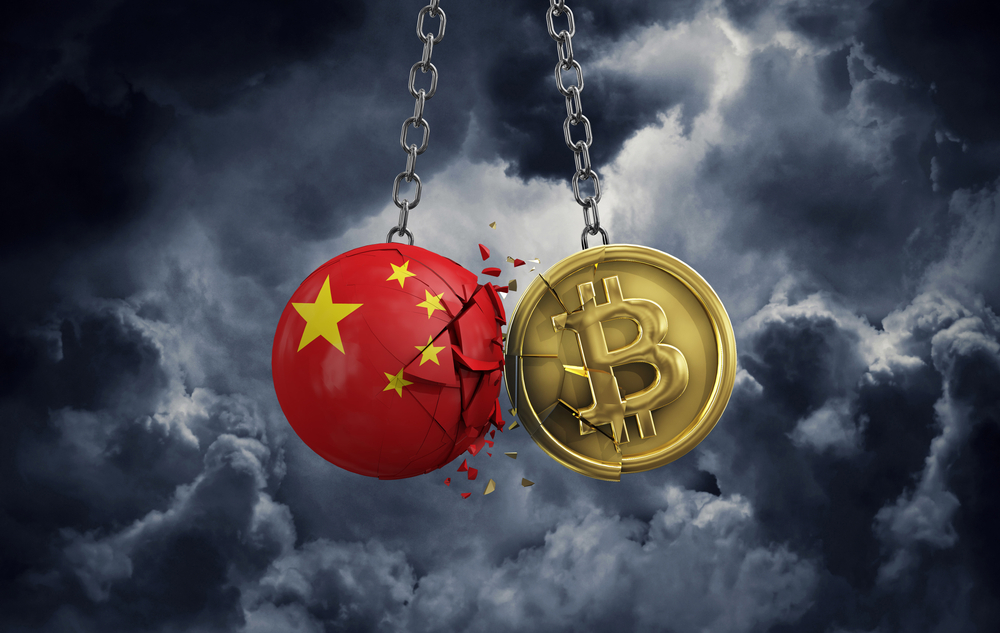China has taken a significant step in its efforts to tighten anti-money laundering regulations by explicitly recognizing "virtual asset" transactions as a method of money laundering. The Supreme People's Court and the Supreme People's Procuratorate, China's highest judicial bodies, jointly announced the changes during a press conference on Monday.
Key Highlights:
This development comes after China's previous bans on ICOs in 2017 and crypto transactions in 2021, highlighting the country's fluctuating approach to cryptocurrency. The move also comes at a time when the U.S. is taking steps to embrace Bitcoin, with former President Donald Trump pledging to create a "strategic Bitcoin stockpile" for the country if elected. Tron founder Justin Sun has urged China to reassess its position on Bitcoin, stating that a policy competition between China and the U.S. would benefit the crypto industry.
- The new legal interpretation, effective as of Tuesday, classifies virtual asset transactions, including those conducted through crypto exchanges, as acts that "cover up and conceal the source and nature of the proceeds of crime." This move marks the first instance in China where such a classification has been made towards the asset class.
- The measures are part of broader efforts aimed at strengthening anti-money laundering laws in the country. Chinese authorities have set thresholds for serious offenses, considering laundering amounts over 5 million yuan ($685,000) or causing losses of more than 2.5 million yuan ($343,000) as serious offenses under the law. Individuals convicted of such offenses face fines and imprisonment, depending on the severity of the crime.




